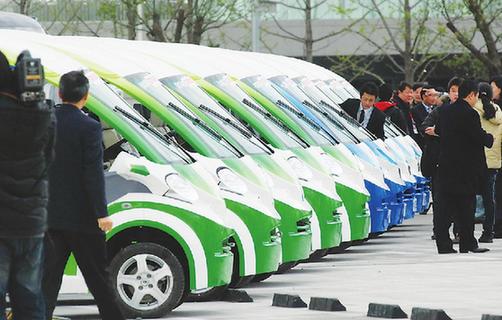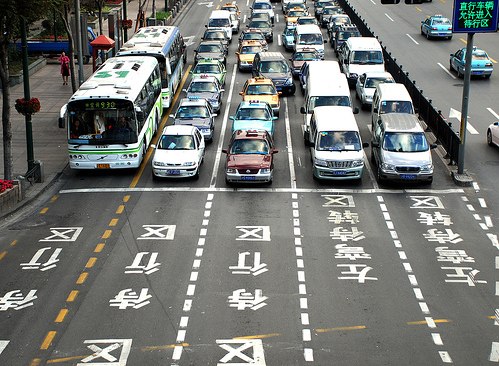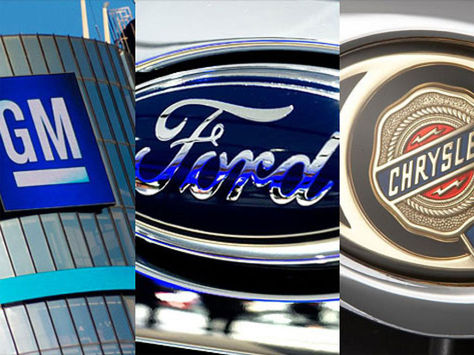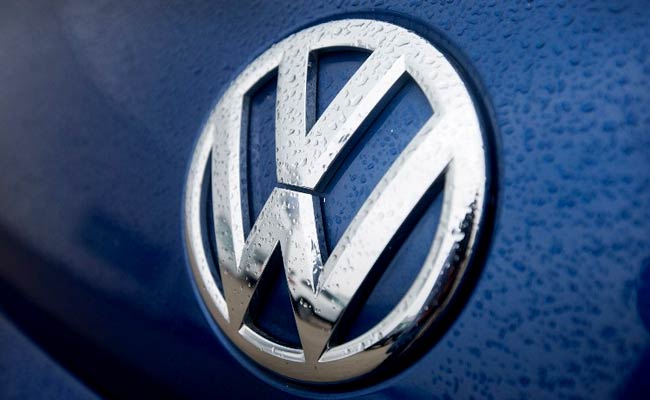Now Reading: China sets 2019 deadline to impose new sales targets for green-car
-
01
China sets 2019 deadline to impose new sales targets for green-car
China sets 2019 deadline to impose new sales targets for green-car

China has set a deadline of 2019 to enforce tough new sales targets for electric plug-in and hybrids automobiles, somewhat unwinding an earlier plan to introduce the rules from next year that had left international automakers stressed over being able to comply.
Automakers will have to accumulate credits for so-called new-energy vehicles (NEVs) comparable to 10 percent of yearly sales by 2019, China’s industry ministry stated on Thursday. That level would increase to 12 percent for 2020.
A single vehicle can generate several credits indicating the percentage by NEVs by volume would probably be lower.
The targets, revealed by the Ministry of Industry and Information Technology (MIIT), closely mirror formerly revealed strategies, but get rid of a specific 8 percent quota for 2018, in effect offering automakers an extra year grace period.
The quotas are a crucial part of a drive by China to develop its own NEV market, with a long-lasting objective to ban the production and sale of vehicles that utilize conventional fuels announced earlier this month.
International vehicle producers, however, had prompted a softening of the proposals for all-electric battery automobiles and electric plug-in hybrids.
Under the rules, automakers will get credits for new-energy vehicles consisting of plug-in hybrids and completely electric cars that can be transferred or traded. Companies with yearly sales volumes over 30,000 units will need to adhere to the targets.
These credits – which will differ depending on the range and performance of the automobile – will be used to compute if firms have fulfilled their quota, a system which would likely indicate the actual percentage NEVs compromised of total sales was lower.
“The rules could lead to the production of over one million EVs yearly in China by 2020, or about 4 percent of sales,” wrote Simon Mui, a transport and energy exert at the U.S.-based Natural Resources Defense Council.
Stay Informed With the Latest & Most Important News
Previous Post
Next Post
-
 01Polestar Boss Says It’s Time To Outrun BMW M And Mercedes-AMG
01Polestar Boss Says It’s Time To Outrun BMW M And Mercedes-AMG -
 02Spy Shots: 2027 Mitsubishi Pajero Spotted in Testing Ahead of Possible U.S. Return
02Spy Shots: 2027 Mitsubishi Pajero Spotted in Testing Ahead of Possible U.S. Return -
 032026 Toyota Hilux EV: A Powerful Truck with Silent Torque
032026 Toyota Hilux EV: A Powerful Truck with Silent Torque -
![2027 Mercedes-Benz S-Class Debuts with V8 Engine [Photo Gallery]](https://speedlux.com/wp-content/uploads/2026/01/2027-Mercedes-Benz-S-Class-33-155x125.jpg) 042027 Mercedes-Benz S-Class Debuts with V8 Engine [Photo Gallery]
042027 Mercedes-Benz S-Class Debuts with V8 Engine [Photo Gallery] -
 052026 Corvette ZR1 Production Surges Past Expectations as Output Clears 1,000 Units
052026 Corvette ZR1 Production Surges Past Expectations as Output Clears 1,000 Units -
 06Spy Photos: VW ID. Polo GTI Goes Electric with 223 HP and 280 Miles of Range
06Spy Photos: VW ID. Polo GTI Goes Electric with 223 HP and 280 Miles of Range -
 07Hyundai Palisade’s Breakout Year Shows How Quickly the Market Can Turn
07Hyundai Palisade’s Breakout Year Shows How Quickly the Market Can Turn



![2027 Mercedes-Benz S-Class Debuts with V8 Engine [Photo Gallery]](https://speedlux.com/wp-content/uploads/2026/01/2027-Mercedes-Benz-S-Class-33-700x394.jpg)











































